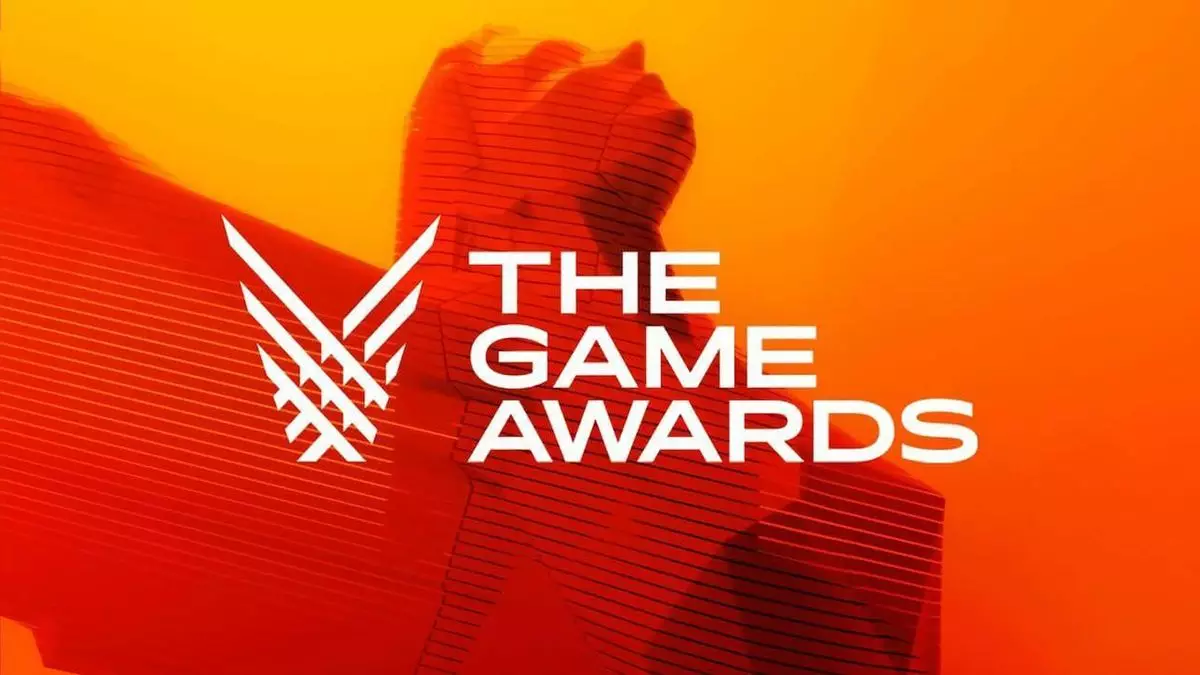The gaming landscape continues to evolve at breakneck speed, infusing a sense of vibrancy and diversity through both mainstream titles and independent creations. As the spotlight shifts toward The Game Awards, a lesser-known yet equally exciting event is set to take place: “Games Who Can’t Afford the Game Awards.” This indie show heralds the arrival of over 70 indie game titles that cater to various tastes and preferences, ultimately proving that creativity and innovation often blossom outside the mainstream arena. The importance of such platforms cannot be overstated, especially for smaller developers who are striving to make their mark in a competitive industry.
In recent years, indie games have broken through the cluttered landscape of gaming, pushing the boundaries of creativity and storytelling. Often created by small teams or even individuals, these games encompass an array of genres and artistic styles. Events such as “Games Who Can’t Afford the Game Awards,” provide a necessary counterbalance to larger awards shows by focusing on the unique narratives and mechanics that indie developers bring to the table. The awards presented at this event, including the tongue-in-cheek ‘Most Likely to Make You Quit Your Job and Become an Artist’ award, not only celebrate artistic vision but also emphasize the whimsical and sometimes absurd nature inherent in indie game design.
Moreover, this event serves as a crucial networking opportunity for indie developers to connect, share their experiences, and learn from one another. Many indie games, though lower in budget compared to AAA productions, showcase substantial emotional depth, relatable characters, and innovative mechanics. As the industry increasingly recognizes the value of indie creations, we can expect to see a wealth of unique titles innovating across various platforms.
While indie games shine brightly in their spotlight, The Game Awards themselves remain a cornerstone of the industry, showcasing major titles and honoring outstanding achievements in gaming. This year, the nominations reflect significant entries including “Astro Bot” and “Final Fantasy 7 Rebirth,” each leading the pack with seven nominations, setting the stage for an intense competition. The mixture of genres and thematic depth represented by nominees like “Elden Ring: Shadow of the Erdtree” and “Metaphor: ReFantazio” highlights the range of storytelling and gaming experiences available in today’s market.
The overabundance of nominations necessitates a lengthy presentation, peppered with musical performances and trailers that entice audiences and heighten anticipation. This, however, raises questions about whether the prolonged duration dilutes the essence of the awards themselves. The excitement of celebrating gaming innovation sometimes risks being overshadowed by the spectacle of showmanship. Each year, fans and industry insiders alike must weigh the merits of length versus substance in their viewing experience.
The competition in the gaming landscape does not solely rest with crafted narratives or artistic visuals, but it also encapsulates the growing influence of esports and online gameplay. The names of dominant teams such as Bilibili Gaming and Gen.G seem to suggest that competitive gaming is not just a fad, but a seismic shift in how players and spectators view gaming culture. This year’s inclusion of esports teams alongside traditional games enriches the narrative surrounding The Game Awards, offering viewers a more holistic view of what it means to be a gamer today.
The increasing diversity of gaming experiences mirrors a societal trend towards greater representation and inclusivity across various media. With platforms like Twitch and YouTube rapidly growing in popularity, indie developers are afforded unprecedented access to their audiences. This democratization of gaming provides budding developers with fresh avenues to showcase their creativity, as traditional gatekeepers are no longer the sole pathway to success.
As we look forward to these approaching events, the future of both indie games and larger productions remains intertwined. The significance afforded to indie titles during shows like “Games Who Can’t Afford the Game Awards” suggests a promising renaissance for creativity in the gaming industry.
In a world where gamers have access to myriad experiences, from grand narratives to niche, experimental titles, it’s crucial to celebrate and support all creators. The gaming community thrives when it embraces diversity, compassion, and innovation; may we continue to push boundaries and invite more stories to be told. As we step into a new era of gaming, it becomes clear that the landscape will be shaped by those brave enough to forge their paths — whether under the bright lights of mainstream awards or in the shadows of indie showcases.


Leave a Reply